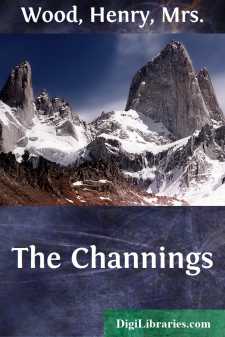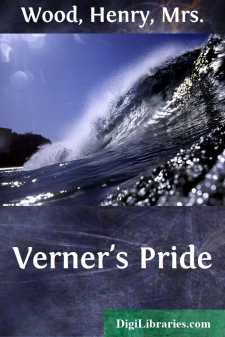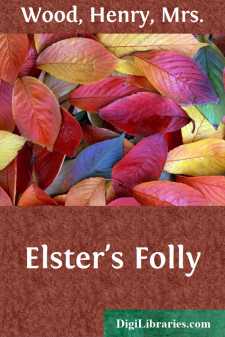Categories
- Antiques & Collectibles 13
- Architecture 36
- Art 48
- Bibles 22
- Biography & Autobiography 813
- Body, Mind & Spirit 142
- Business & Economics 28
- Children's Books 17
- Children's Fiction 14
- Computers 4
- Cooking 94
- Crafts & Hobbies 4
- Drama 346
- Education 46
- Family & Relationships 57
- Fiction 11829
- Games 19
- Gardening 17
- Health & Fitness 34
- History 1377
- House & Home 1
- Humor 147
- Juvenile Fiction 1873
- Juvenile Nonfiction 202
- Language Arts & Disciplines 88
- Law 16
- Literary Collections 686
- Literary Criticism 179
- Mathematics 13
- Medical 41
- Music 40
- Nature 179
- Non-Classifiable 1768
- Performing Arts 7
- Periodicals 1453
- Philosophy 64
- Photography 2
- Poetry 896
- Political Science 203
- Psychology 42
- Reference 154
- Religion 513
- Science 126
- Self-Help 84
- Social Science 81
- Sports & Recreation 34
- Study Aids 3
- Technology & Engineering 59
- Transportation 23
- Travel 463
- True Crime 29
The Channings
by: Henry Wood
Description:
Excerpt
CHAPTER I.
THE INKED SURPLICE.
The sweet bells of Helstonleigh Cathedral were ringing out in the summer's afternoon. Groups of people lined the streets, in greater number than the ordinary business of the day would have brought forth; some pacing with idle steps, some halting to talk with one another, some looking in silence towards a certain point, as far as the eye could reach; all waiting in expectation.
It was the first day of Helstonleigh Assizes; that is, the day on which the courts of law began their sittings. Generally speaking, the commission was opened at Helstonleigh on a Saturday; but for some convenience in the arrangements of the circuit, it was fixed this time for Wednesday; and when those cathedral bells burst forth, they gave signal that the judges had arrived and were entering the sheriff's carriage, which had gone out to meet them.
A fine sight, carrying in it much of majesty, was the procession, as it passed through the streets with its slow and stately steps; and although Helstonleigh saw it twice a year, it looked at it with gratified eyes still, and made the day into a sort of holiday. The trumpeters rode first, blowing the proud note of advance, and the long line of well-mounted javelin men came next, two abreast; their attire that of the livery of the high sheriff's family, and their javelins held in rest. Sundry officials followed, and the governor of the county gaol sat in an open carriage, his long white wand raised in the air. Then appeared the handsome, closed equipage of the sheriff, its four horses, caparisoned with silver, pawing the ground, for they chafed at the slow pace to which they were restrained. In it, in their scarlet robes and flowing wigs, carrying awe to many a young spectator, sat the judges. The high sheriff sat opposite to them, his chaplain by his side, in his gown and bands. A crowd of gentlemen, friends of the sheriff, followed on horseback; and a mob of ragamuffins brought up the rear.
To the assize courts the procession took its way, and there the short business of opening the commission was gone through, when the judges re-entered the carriage to proceed to the cathedral, having been joined by the mayor and corporation. The sweet bells of Helstonleigh were still ringing out, not to welcome the judges to the city now, but as an invitation to them to come and worship God. Within the grand entrance of the cathedral, waiting to receive the judges, stood the Dean of Helstonleigh, two or three of the chapter, two of the minor canons, and the king's scholars and choristers, all in their white robes. The bells ceased; the fine organ pealed out—and there are few finer organs in England than that of Helstonleigh—the vergers with their silver maces, and the decrepit old bedesmen in their black gowns, led the way to the choir, the long scarlet trains of the judges held up behind: and places were found for all.
The Rev. John Pye began the service; it was his week for chanting. He was one of the senior minor canons, and head-master of the college school....




